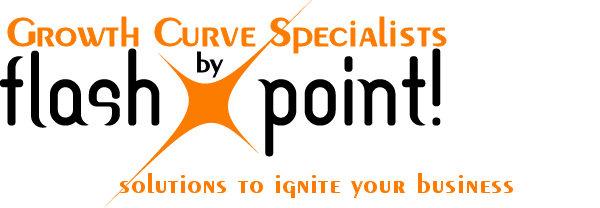It is always interesting to find that sometimes CEOs, especially as they grow their company, struggle to understand their role.
Using the Visionary, Integrator concept popularized by Gino Wickman in his book Rocket Fuel, if that CEO is the Visionary and they finally find their Integrator, while there is relief, there is also uncertainty.
A Stage 5 leader who has moved one of his key leaders into the Chief Operations Officer (COO) role, shared with me his frustration about what he does now that someone else is looking after the operations side of the business. I assured him that there were still many areas he needs to stay involved in and gave him the 5 areas below. I also reminded him how critical his knowledge is in terms of culture, values, product quality, customer connections, and most importantly, the staff.
Some of his real concerns included: talking to staff as he walked around, and fielding questions that should be answered by the COO; feeling like he was micromanaging the COO if he took time to ask questions about how things were going; and worried that not being involved in specific issues could hurt the company.
This is the real value of recognizing as I did years ago, the difference in the WHAT person and the HOW person. Wickman now refers to this as the Visionary and the Integrator. I recommended the CEO read the book and have the leadership team do the same and be open and honest about the differences that show up in terms of the role of the Visionary and the role of the Integrator. This could and should be great conversations that will not only help the CEO and the COO but the other members of that leadership team who are probably just as confused.
I share this information about the role of a CEO in the different stages of growth that might help you continue to explain the value and the specific skills that CEO will play in a growing organization.
The Role of the CEO
- Visionary – focus on the future, strategic thinker, risk taker
- Builds team – empowers through intensity and commitment, builds strong team
- Dealmaker – strong client contact, makes the big deals happen
- Knows the numbers – responsible for the financial health of the company
- Looks for opportunity – knows industry, strong market creator
Key Skills
- Coach/teacher
- Attention to detail
- Systems oriented
- Operations oriented
- Believes in own ability
- Technical skills to run business and produce product
- Knows limitations and achieves needed balance through other people
- Sees big picture of company and industry
- Trusts intuition and acts on it
- Tenacious, passionate
- Deadline oriented
- Can deal with conflict
Leadership Skill Requirements for CEO by Growth Stage
Initial Growth (1 – 19 employees — Stages 1, 2)
- Targeted/focused – manage sales, manage cash flow, manage people
- Goal oriented – identify one or more market opportunities, remain flexible, consider all opportunities
- Positioning for competitive advantage
- Deliver results – cash flow more important than high profitability
- Delegator – spread decision making around
- Visionary, direction setter – to envision a company where none existed
- CEO must create supervisory staff and give them decision making training and authority
- Critical competencies include being able to accurately perceive your emotions and the ability to pick up on other people’s emotions and manage interactions successfully
Intentional Growth (20 – 95 employees — Stages 3, 4, 5)
- Team builder – release control over to competent supervisors
- Coach – ability to manage a competent team of professionals
- Planner – willingness to commit to new management systems and to manage growth
- Communicator – integrating all key departments so the right hand knows what the left hand is doing
- CEO must act like a CEO or hire one
- Decisions are made according to a plan
- Ability to emotionally connect to people, asking for input, active listening and utilizing people to help set direction in order to foster buy-in and encourage self-direction
Continuous Growth (96 – 500 employees — Stages 6, 7)
- Change catalyst — expand into other market segments by plan
- Organization builder – retain and attract outstanding middle and executive level people
- Strategic innovator — identify emerging markets and emerging technology
- Visionary and chief of culture — must re-discover what the vision of the company is — may be required to sell vision/mission to other stakeholders, shareholders
- CEO must create a corporate culture that supports entrepreneurial endeavors
- Critical competencies include the ability to use the awareness of their emotions and the emotions of others to manage interactions successfully
Your success. My passion.
Laurie Taylor, FlashPoint!

